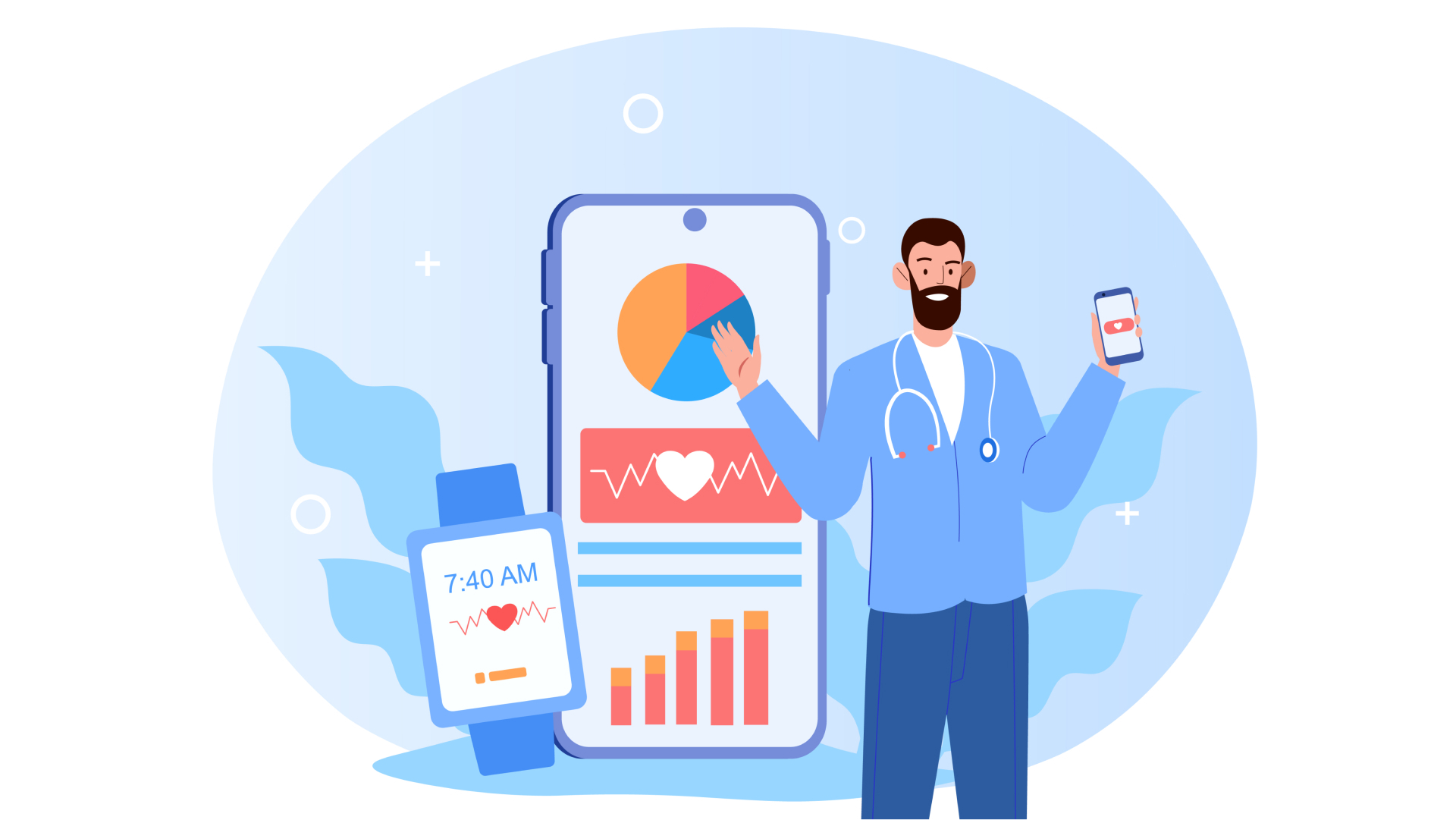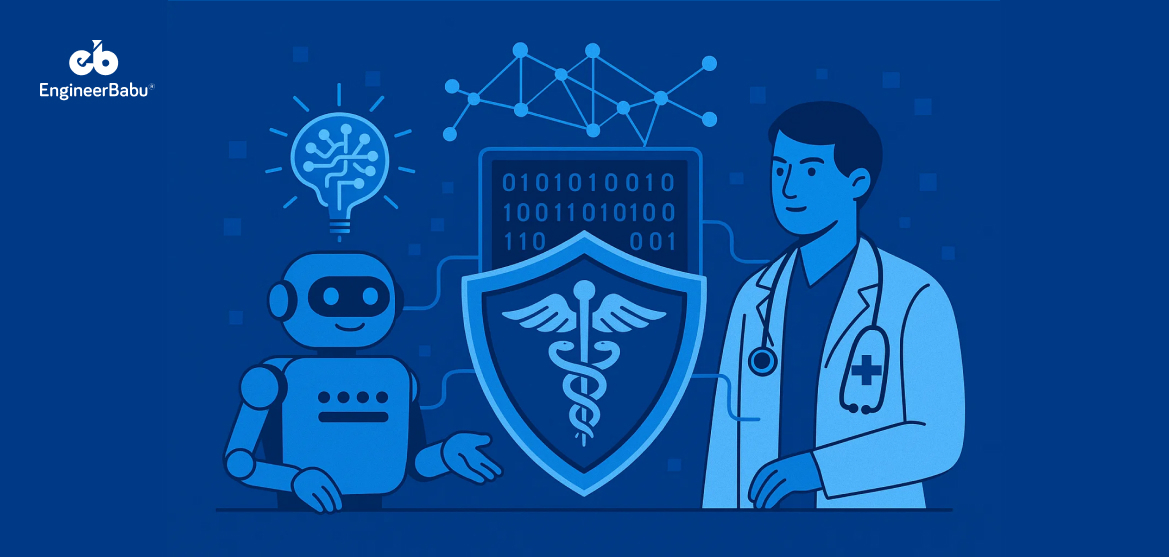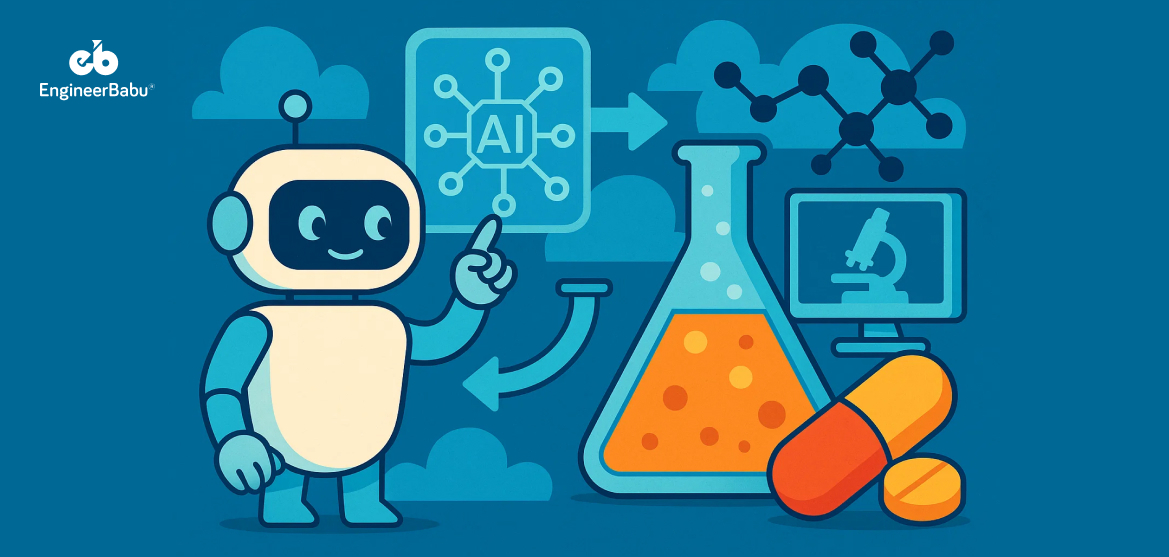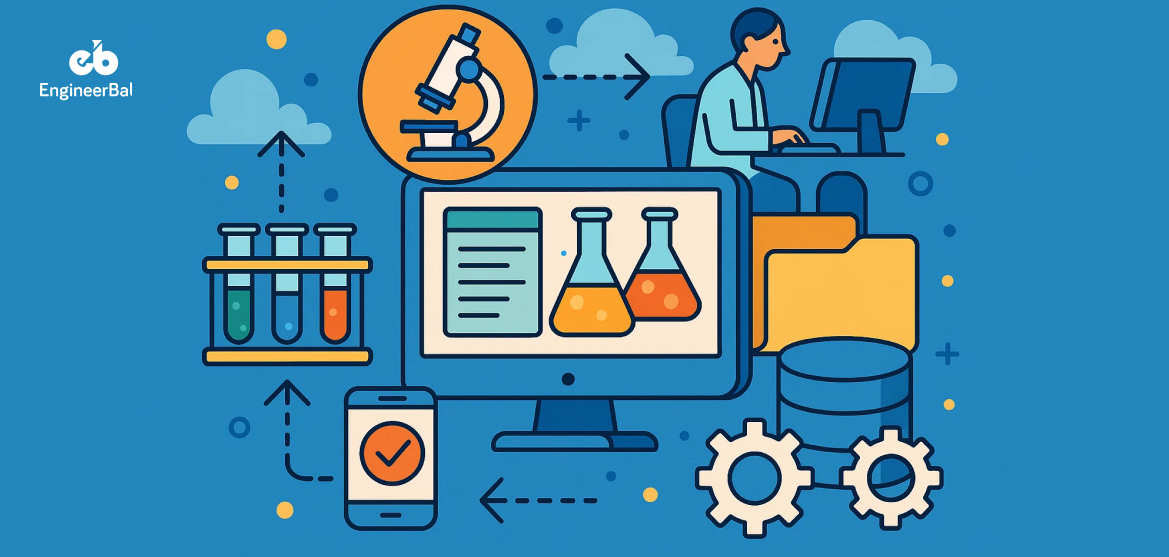What if the wrong tech partner delayed your launch and put lives at risk?
Developing a healthcare app goes far beyond building a slick interface or launching quickly. It’s about strict compliance (HIPAA, HL7, GDPR), secure real-time patient data exchange, EHR integration, and delivering outcomes that actually improve care.
According to Research2Guidance, 80% of healthcare apps are abandoned after just one use. Even worse, only 11% of them contribute meaningfully to patient outcomes.
The root cause? Many companies hire generalist developers with little or no healthcare experience. That leads to critical failures—non-compliant code, poor data handling, integration breakdowns, and ultimately, patient distrust.
This guide will walk you through 10 highly specific factors you must evaluate before hiring a healthcare app development company.
1. Look for Proven Healthcare Industry Experience
A generalist development agency may have built dozens of apps—but have they built compliant, secure healthcare solutions? You need a partner who understands patient journeys, hospital workflows, HL7/FHIR data formats, and the integration quirks of EHR systems like Epic, Cerner, or Athena.
What to Ask:
- Have you developed apps for telehealth, remote monitoring, or patient engagement?
- Can you provide case studies or demos with similar use cases?
2. Ensure Compliance with Healthcare Regulations
Healthcare is one of the most tightly regulated industries. Your app must comply with HIPAA (U.S.), GDPR (EU), HL7/FHIR, and sometimes FDA guidelines.
What to Ask:
- How do you manage HIPAA compliance during development?
- Do you provide audit trails, access logs, and encrypted data flows?
- Can your team support premarket submissions to the FDA (if needed)?
3. Review Technical Capabilities & Tech Stack
Healthcare apps are more than CRUD platforms. Look for vendors with expertise in:
- Real-time video consultation (WebRTC)
- Secure messaging (TLS/SSL, E2E encryption)
- EHR/EMR integrations via HL7 or FHIR APIs
- Backend: Node.js, Python (Django), .NET for robust performance
- Mobile: React Native, Swift (iOS), Kotlin (Android)
- Cloud: AWS HIPAA-eligible architecture or Azure Health Data Services
What to Ask:
- What platforms and tools do you use for HIPAA-eligible deployments?
- How do you ensure real-time performance at scale?
4. Prioritize Data Security & Privacy Protocols
Healthcare data breaches are costly and damaging. You need a partner who embeds security into every layer of the application.
Security Must-Haves:
- End-to-end encryption (AES-256)
- Role-based access control (RBAC)
- Multi-factor authentication (MFA)
- Intrusion detection systems (IDS)
- Secure cloud hosting with access logs and retention policies
What to Ask:
- What security frameworks do you follow (e.g., NIST, OWASP)?
- Do you conduct regular penetration tests or third-party security audits?
5. Evaluate UX/UI Design Expertise for Healthcare
Healthcare apps serve diverse user bases—patients with chronic conditions, elderly users, busy clinicians. A generic UI won’t work.
Here’s what you should consider when choosing the development company:
- Accessibility (WCAG 2.1 compliance)
- Minimal cognitive load in workflows (especially for clinicians)
- Error prevention in forms (medication, symptoms, dosages)
What to Ask:
- Do you conduct usability testing with real healthcare users?
- Can I see interfaces designed for telehealth, RPM, or EHR modules?
6. Understand Their Testing & QA Practices
Bugs in healthcare apps can cause misdiagnoses or data breaches. Both issues can turn out to be critical for the users. That’s why it’s important to choose a company having efficient quality testing practices. Your vendor should have:
- Automated test suites (unit, integration, regression).
- Real-device testing for all mobile OS versions.
- Load testing for video or chat-based consultations.
- Compliance testing for HIPAA/FDA/ADA requirements.
What to Ask:
- How is your QA process tailored for clinical apps?
- How do you simulate real-world healthcare environments during testing?
7. Ask About Post-Launch Support & SLA Terms
Once live, your app needs regular updates for OS compatibility, security patches, and compliance changes.
What to Ask:
- Do you offer SLA-backed post-launch support?
- How often do you release security patches or feature updates?
- Can you provide rollback mechanisms if an update fails?
8. Assess Project Management & Communication Style
Healthcare projects are multi-stakeholder. You’ll need ongoing alignment with IT, legal, clinicians, and compliance teams.
What to Ask:
- What methodology do you use (Agile, Kanban)?
- What tools do you use for sprint tracking (Jira, Trello)?
- How often are review meetings or demos conducted?
9. Look for Scalability & Long-Term Customization
Your app might start as an MVP—but it should scale. Whether you want to add AI diagnostics, multilingual support, or new integrations, your tech partner should future-proof the architecture.
What to Ask:
- Can your architecture handle 10x user growth?
- Can we integrate with new EHR systems later?
- Do you support modular codebases for easy feature expansion?
10. Validate Their Reputation with References & Reviews
Don’t rely on brochures. Talk to past clients—especially in healthcare. Ask about delivery timelines, hidden costs, and responsiveness during emergencies.
Where to Look:
- Clutch, GoodFirms, G2 for verified reviews
- LinkedIn for leadership credibility
- Referrals from past healthcare clients
What to Ask:
- Can I speak to a client with a similar app scope?
- Have you faced a compliance issue before—how did you resolve it?
Why Choose EngineerBabu?
Engineerbabu connects you with top-tier healthcare app developers who don’t just write code—they understand healthcare deeply. We pre-vet every tech partner for:
- HIPAA/GDPR readiness
- Compliance and data security expertise
- EHR interoperability
- Transparent communication and milestone-based billing
Whether you’re building a telehealth solution, a remote monitoring platform, or a wellness app with AI, Engineerbabu helps you find a team that’s already done it—and done it right.
FAQs
1. Why is healthcare app development so complex?
Because it involves regulatory compliance (HIPAA, GDPR, FDA), medical data security, interoperability with clinical systems (EHRs), and outcomes that directly affect patient safety. Generalist developers may overlook these critical factors.
2. How can I verify if a company is HIPAA-compliant?
Request evidence of compliance audits, secure hosting documentation (like AWS HIPAA-eligible architecture), audit logs, data encryption protocols, and Business Associate Agreements (BAAs).
3. How much should I budget for a healthcare app?
Basic apps (e.g., appointment booking) may cost $25,000–$50,000. Complex platforms (e.g., AI triage + video consult + EHR integration) can exceed $100,000–$250,000, depending on scope and compliance needs.
4. How long does it take to build a compliant healthcare app?
Timeline varies, but most full-featured healthcare apps take 4–9 months. Include time for compliance reviews, QA, beta testing, and stakeholder approval.
5. What’s the biggest red flag in choosing a dev partner?
If they can’t articulate HIPAA, HL7/FHIR, or GDPR requirements—or they try to sell you a generic solution without healthcare references—it’s a no-go.




